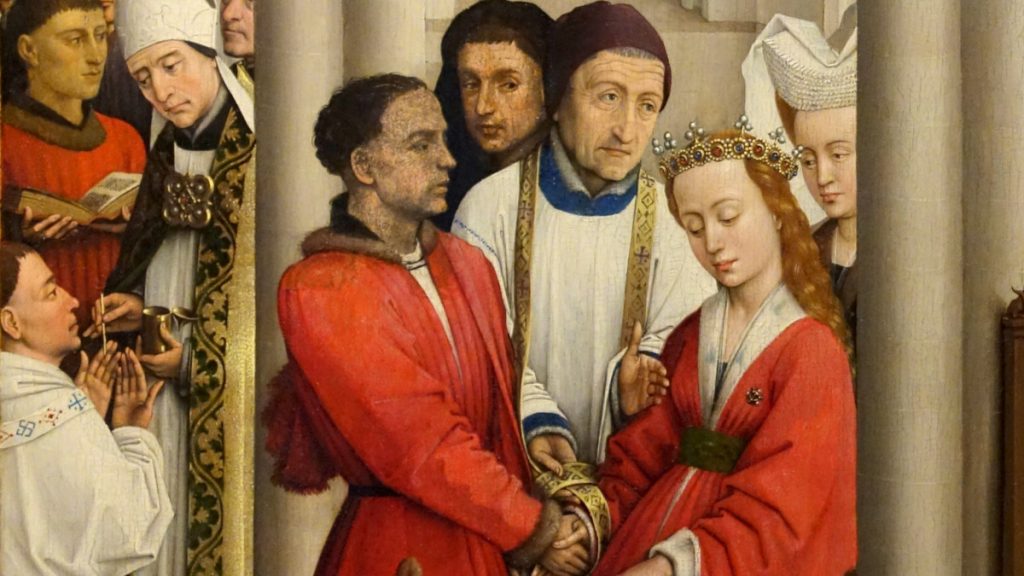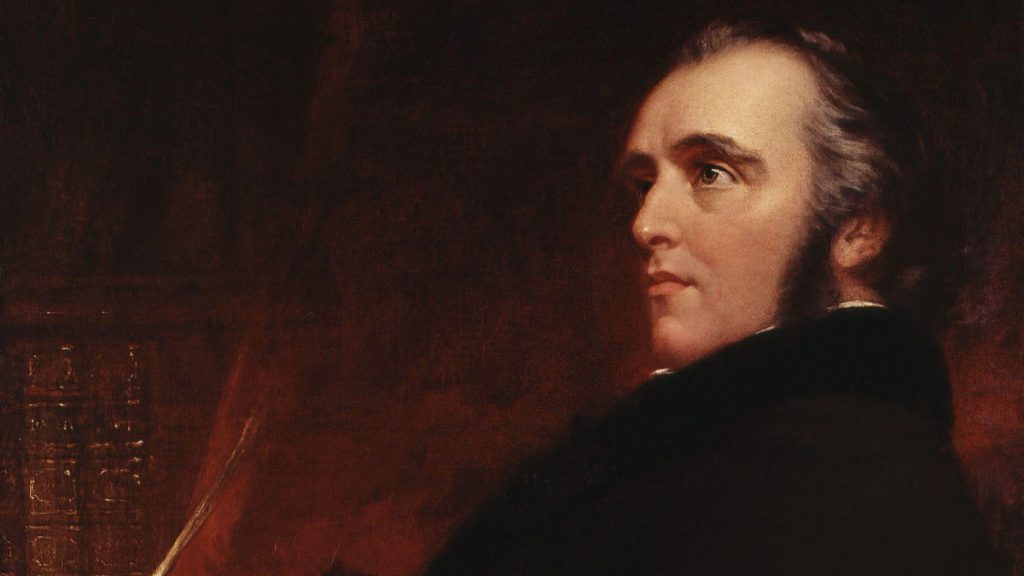(Updated July 15, 2025)
This Author Quote Archive collects pertinent quotes from the Church Father, St. Pope Julius I.
Next to each quote are the Topic Quote Archives in which they are included.
This Quote Archive is being continuously updated as research continues. Quotes marked with “***” have not yet been organized into their respective Topic Quote Archives.
St. Pope Julius, Letter to the Eusebians at Antioch, quoted in St. Athanasius, Apology Against the Arians (341)
NOTE: Accounts of the event surrounding this letter are also contained in the follow: Socrates of Constantinople, Ecclesiastical History (Book 2, Ch. 17); and Sozomen, Ecclesiastical History (Book 3, Ch. 10), both of which are quoted in The Papacy and the Invincibility of the Church Quote Archive.
*** (§30) But now I am ignorant under what color these proceedings have been carried on. In the first place, if the truth must be spoken, it was not right, when we had written to summon a council, that any persons should anticipate its decisions: and in the next place, it was not fitting that such novel proceedings should be adopted against the Church. For what canon of the Church, or what Apostolical tradition warrants this, that when a Church was at peace, and so many Bishops were in unanimity with Athanasius the Bishop of Alexandria, Gregory should be sent thither, a stranger to the city, not having been baptized there, nor known to the general body, and desired neither by Presbyters, nor Bishops, nor Laity—that he should be appointed at Antioch, and sent to Alexandria, accompanied not by presbyters, nor by deacons of the city, nor by bishops of Egypt, but by soldiers? For they who came hither complained that this was the case. ***
(§35) Give us notice therefore of this, dearly beloved, that we may write both to them, and to the Bishops who will have again to assemble, so that the accused may be condemned in the presence of all, and confusion no longer prevail in the Churches…Supposing, as you assert, that some offense rested upon those persons, the case ought to have been conducted against them, not after this manner, but according to the Canon of the Church. Word should have been written of it to us all, that so a just sentence might proceed from all. For the sufferers were Bishops, and Churches of no ordinary note, but those which the Apostles themselves had governed in their own persons [Rome and Alexandria].
And why was nothing said to us concerning the Church of the Alexandrians in particular? Are you ignorant that the custom has been for word to be written first to us, and then for a just decision to be passed from this place [Rome]? If then any such suspicion rested upon the Bishop there, notice thereof ought to have been sent to the Church of this place; whereas, after neglecting to inform us, and proceeding on their own authority as they pleased, now they desire to obtain our concurrence in their decisions, though we never condemned him. Not so have the constitutions of Paul, not so have the traditions of the Fathers directed; this is another form of procedure, a novel practice. I beseech you, readily bear with me: what I write is for the common good. For what we have received from the blessed Apostle Peter, that I signify to you; and I should not have written this, as deeming that these things were manifest unto all men, had not these proceedings so disturbed us.








